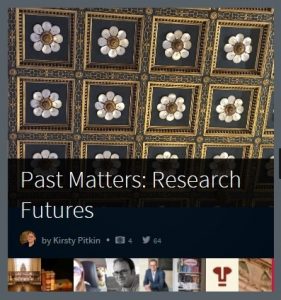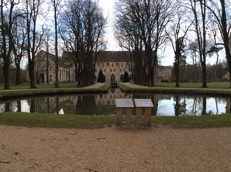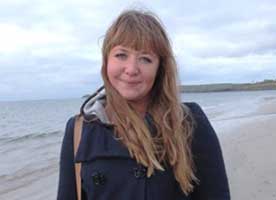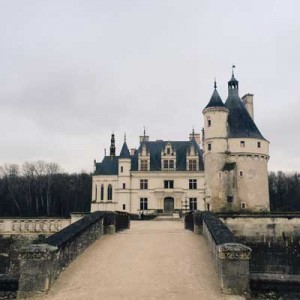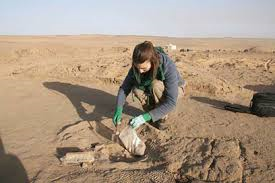Past Matters, Research Futures
A Conference for Early Career Researchers
Royal Society, London, 12-13 December 2016
Check out the Storify summary of our Evening panel event: https://storify.com/eventamplifier/past-matters-research-futures
*******
Our evening event for the ‘Past Matters, Research Futures’ conference will focus on heritage, research collaboration, and early career research paths. Starting at 5:30pm on Monday 12 December we’ll host a ‘Question Time’-style panel that will be tweeted – so join us for discussion at #PastMatters. Continue reading



